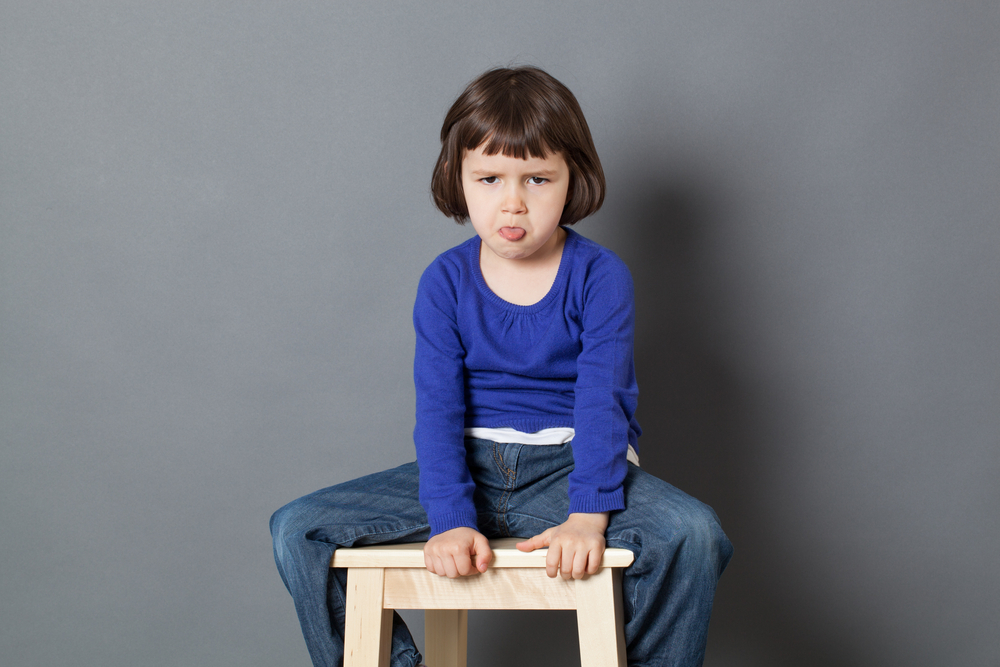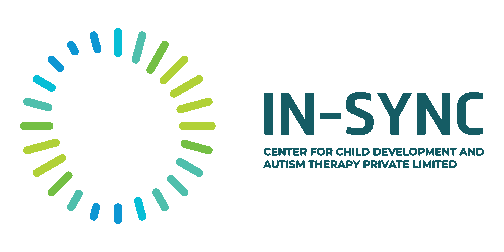“How was your day today?” Seema asked her son before he replied “Fine” in an irritated tone and stormed into his room. A few moments later, he comes out all smiling and hugs his mother. The 5-year-old Rahul has been going through some moods wings since the past few weeks and at times his behaviour has been getting out of hand. Seema doesn’t really know how to go about this issue and hence consulted a counsellor for help. Rahul’s problems were a thing of the past now.
Mood swings are pretty common in children between the ages of 4-8. This is the period just before their tween ages and can be a confusing one. According to psychologists, “Pre-tweens feel more stressed about school and friendships. And the hormones are just starting — even if you haven’t noticed physical changes yet.” This makes them act out and go through a range of emotions in a short timeframe. One thing to remember, however, is that getting mood swings is a common thing in growing children, however, a problem comes up when this becomes a recurring thing.

Does my child have a mood disorder?
Clinicians and therapists have pointed out the importance of keeping mood swings in children in check. They occur when a child isn’t able to express himself clearly. Mood disorders in minors also put them at risk for other conditions like anxiety, disruptive behaviour, and in extreme cases, substance abuse. These disorders can persist long after the initial episodes of the mood swings are resolved which is why keeping them in check is crucial. Check for persistent mood swings that keep recurring. When this happens over a long period of time, usually more than 2-3 months, it is clear that your child is suffering from mood disorder.
What causes mood swings?
Our brain consists of several chemicals which are responsible for moods. The neurotransmitters present inside our brain help regulate these chemicals leading to a positive mood. When there is a chemical imbalance mood disorders occur. Of course, there are several other factors too that contribute to this like environment, stress, etc. Mood swings can also be hereditary, which means that they run in the family and can pass on from the parent to the child.
What are the different types of mood disorders?
We’ve listed down the most common types of mood disorders that have been reported in children:
- Major depression:
If a sad or irritated mood persists for over 2 weeks then there is a possibility of being diagnosed with major depression.
- Bipolar disorder:
Persistently elevated moods with periods of flat or blunted emotional response may be a sign of bipolar disorder.
- Disruptive mood dysregulation disorder:
Extreme inability to control behaviour exhibited in children along with persistent irritability.
- Substance-induced mood disorder:
Ill effects of medication or other forms of treatment, drug abuse, or exposure to toxins sometimes leads to mood disorders.

What can I do to help my child?
Early therapeutic intervention is the best way to deal with any sort of mental issue. Children are at a very impressionable age before their teenage years begin. This is where their early personality develops, which is why it is necessary to provide an environment wherein they can grow to their complete potential and become self-dependent individuals. In-Sync Center for Child Development aims at helping children with special needs attain their goals and aims, by providing a positive and growth-friendly environment. No matter what the issue may be, our trained clinicians and therapists help your child feel secure and loved.


Add Comment